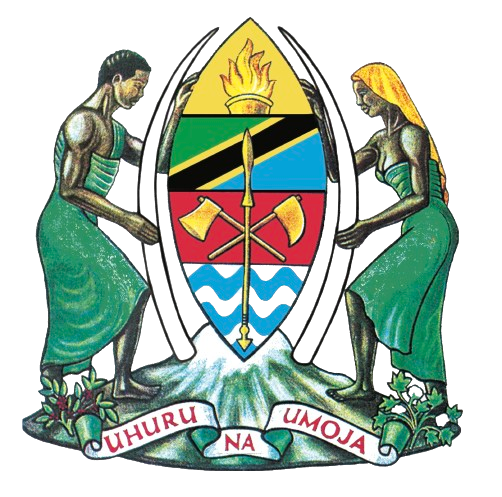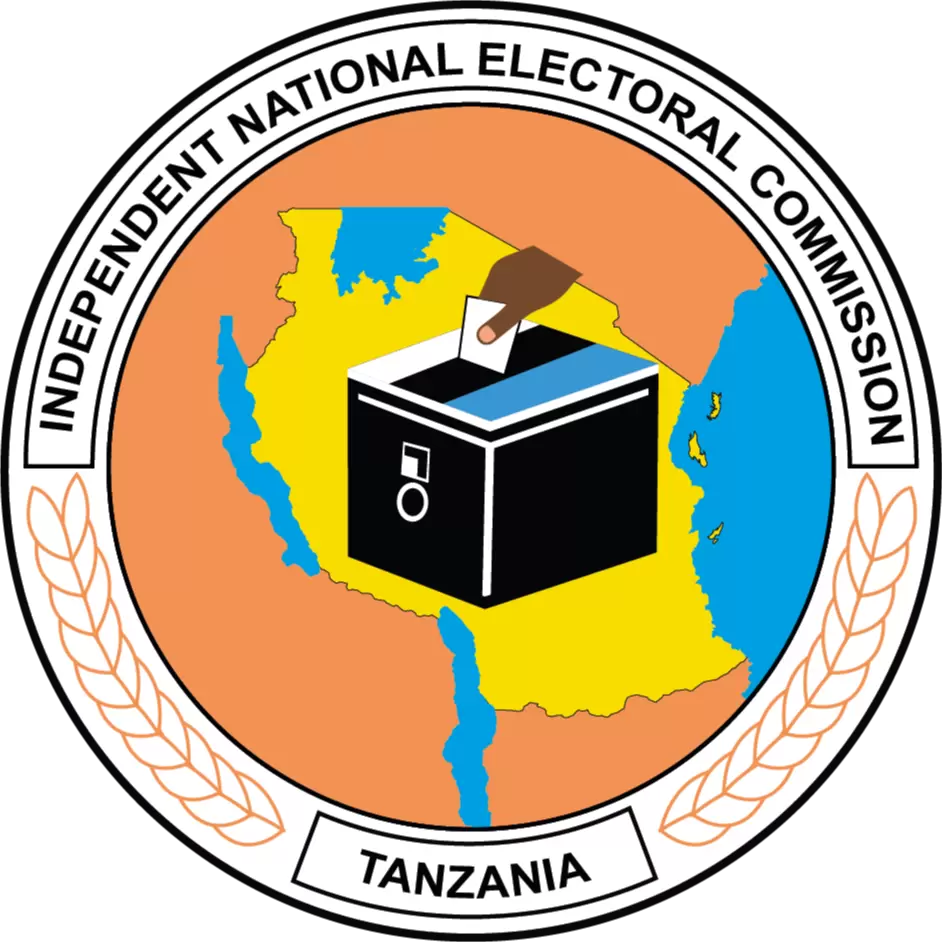Quarterly Report on Research, Management and Coordination Progress, 1st January to 31th March 2023
- 26th September, 2023 10:46
- By VIDAH.MAHAVA
- Reports
Author(s) : Fred Tairo (Ph.D)
Tanzania Agricultural Research Institute-Mikocheni (TARI-MKN) is one of the 17 research centres under TARI. It was established in March 1996 as a measure to sustain and institutionalize coconut research and development activities conducted by the then National Coconut Development Programme (NCDP). The NCDP was established by the Government of the United Republic of Tanzania in the fiscal year 1979/80 with the aim to promote coconut production and utilization in the country. The program covered the whole coastal belt of Tanzania and the Island of Zanzibar.
TARI-Mikocheni mandate is in two-folds, namely conduct and promote research for the development of the coconut sub-sector and promote research and utilization of agricultural biotechnology for socio-economic development in the country.
The centre’s head office is in Dar es, salaam at Mikocheni B, Plot 22 along the Coca cola Road. It has two sub-stations, namely Chambezi and Mkuranga, where most of the research activities are conducted. The former is located about 55 km north of Dar es salaam near Bagamoyo town at latitude S6.520 and longitude E 38.910, while Mkuranga sub-station is located at S 7.120 and longitude E 39.200, about 50 km south of Dar es salaam.
There are two departments: 1) Research and Innovation and, 2) Technology Transfer and Partnership. Under these departments there are six subprograms: crop research, natural resources, post-harvest management, socioeconomics and marketing, technology dissemination, commercialization and partnership, and knowledge management and communication programs. The institute is within the eastern zone together with TARI Kibaha and TARI Mlingano.
The Mikocheni centre basically has two research programs, which are its mandates: coconut and biotechnology. The coconut program is the main with 4 research units which include: agronomy, disease control, pest control, social economy, post-harvest and technology transfer, the biotechnology program accommodate 3 units: tissue culture, molecular diagnostics and genetic engineering laboratories. All the research activities in each unit in the coconut program are designed to address all agricultural challenges facing the coconut agro-ecological systems. whereas in biotechnology as a tool cuts across all crops and supports other research mandates.
Research at TARI-Mikocheni has mainly depended on government competitive grants through Commission for science and technology (Costech) and external support from different international funding organisations mainly the “Bill & Melinda Gates Foundation” (BMGF), Biological sciences research council (BBSRC), World Vegetable and Centre and International Centre for Insect Physiology and Entomology (Icipe). In this quarter third (3) starting from 1st January to 31stMarch 2023, the institute operated four (6) research projects with financial support of Tshs. 160,334,114 (63.1%) is from the International donor support while 64,850,000 (25.5%) is from Tanzania government as operational costs.
Thus, using the available support, the institute recorded significant achievements in its planned research activities in this quarter on:
i) mass multiplication of sisal seedlings and pineapple
ii) weeding and harvesting of coconut from seed farms,
iii) planting cassava for clonal evaluations trials for ACWP-2 project
iv) fertilizer evaluation trials for efficacy determination
v) DNA finger printing and illegitimacy testing of oil palm seedlings
vi) Impact evaluation surveys on newly promoted amaranths and eggplants in four districts in Coast and Dar es salaam regions
In line with research activities, the institute also continued processing of and production of virgin coconut oil and selling of coconut seedlings and coconuts for domestic use.


